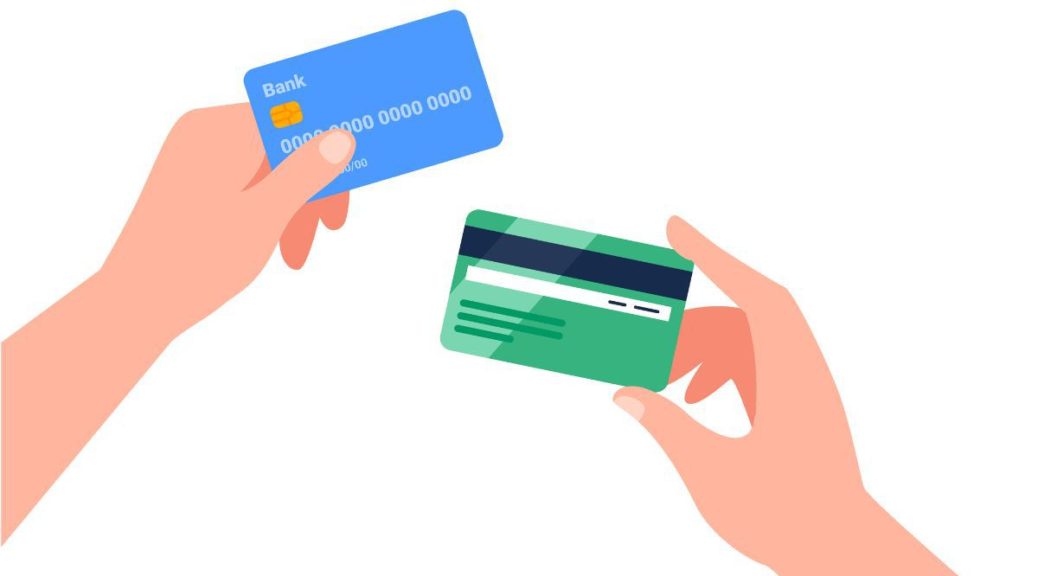In California, outside of certain exceptions, spouses have joint liability for their community debts. Credit cards are a common source of debt that usually comes up during a California divorce. If you have joint credit card debt with your ex, you need to know: What happens to credit card debt during a California divorce?
Community Debt and California Divorce
When you are going through a California divorce, you and your ex will have to divide your assets and debts. California is a community property state. This means that what a couple earns and acquires during married is owned equally. The same applies to debts incurred during the marriage. When a couple incurs credit card debt during their marriage, they will have equal responsibility for this liability during divorce.
Credit Card Debts and Divorce
While both spouses are technically responsible for their shared credit card debts, the fact is that one person is going to be pursued by the creditor. For example, suppose you have a credit card in your name and $4000 worth of charges made during your marriage. If the court were to assign you and your spouse $2000 each for this debt, and your ex didn’t pay their obligation, the creditors would still come after you for payment. This means that under these circumstances, your, and possibly not your spouse’s, credit score could be impacted by their non-payment.
Balancing Credit Card Debts During a California Divorce
During a marriage, it’s common for one spouse to be the primary cardholder on one or more credit cards. It’s easy enough to add the other partner as an authorized user. As explained above, this can leave the primary cardholder in a bind should their ex refuse to pay their portion of the debt.
The good news is that there are ways to plan for and balance credit card debt during a California divorce. One option is to divide your assets and property equitably. This may involve the credit card holder (the person with the debt in their name) being awarded more of the community assets to compensate them for keeping the credit card debt. This option may be appealing if you don’t trust your ex to pay their share of the debt.
Another choice would be to have the non-cardholder pay a cash sum to the cardholder that covers their portion of the obligation. Parties may also want to agree to sell their property and use the proceeds to pay off their mutual credit card obligations. It may also be possible to arrange a balance transfer or refinancing before the divorce to help ensure the debt is divided fairly.
Dividing property and debt during a California divorce can be complex, and you will need to consider several factors during the process. In addition, you will want to work with someone who can provide you with the advice and guidance you need to protect your financial interest during your divorce and in the future. The best way to help ensure that your obligations are fairly assigned is by working with an experienced California divorce attorney. Your California divorce lawyer can help you comprehensively evaluate your assets, debts, and circumstances and determine your options.
Contact a California Divorce Attorney
The attorneys at the Law Offices of Judy L. Burger are experienced California divorce attorneys who can answer your questions about relationships during divorce and other matters. We assist clients along California’s Northern to Southern Coast, including San Francisco, Beverly Hills, Marin, San Jose, Gold River, San Diego, Santa Barbara, Ventura/Oxnard, and surrounding communities. Call us at 415-293-8314 to schedule a private appointment or visit our website.


